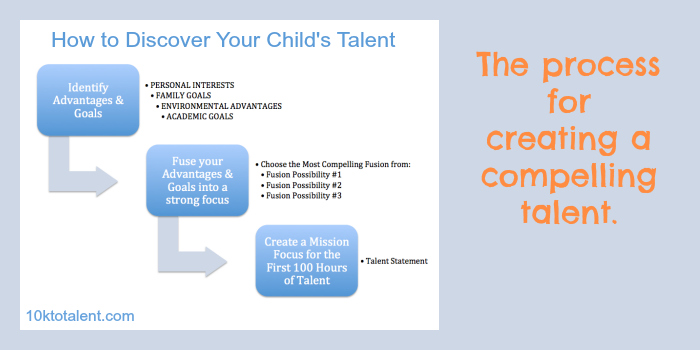Is it time to switch them out?
Talent mentors are there for a season and then you must keep moving forward
Listen in to a conversation between my wife and me as we discuss why and how often you should try switching mentors, teachers, and learning experiences. There are benefits to moving on from a mentor, no matter how excellent that person may be in his or her skill. Here are four indicators that it’s time to move on:
- your child has learned everything he can and he needs more from another mentor in order to keep his talent relevant to the needs of other people.
- you are in charge of who you choose as a mentor. If the mentor’s personal life is complicating the value he once brought to your child, it may be time to move on.
- you can free the mentor of having to be responsible for full-on character training for your child. This opens the door to recruiting new mentors who want a specific, limited role.
- it’s time to get out of your (and your child’s) comfort zone and be stretched with developing a new area of his talent.
Find out the other reasons why multiple mentors and teachers are a good thing to expect as you your young person keeps building a more complex and market valuable skill set.
Don’t forget to subscribe to my podcast “The 10ktoTalent Show” through iTunes. It is now listed for you to enjoy on your daily walks.


















